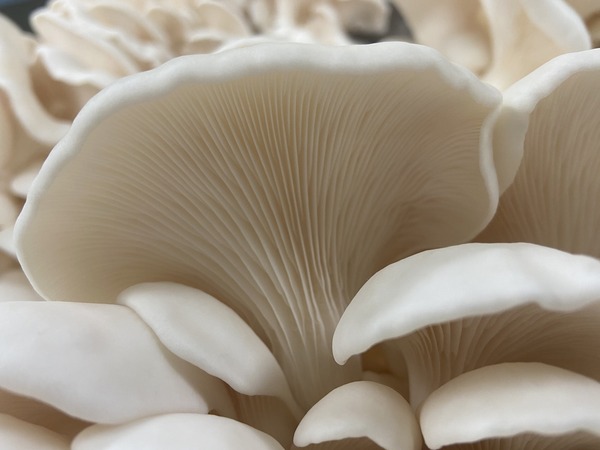
Mushroom (मशरूम)
Mushrooms have gained popularity worldwide for their unique flavors and potential health benefits. While they might not be as traditionally ingrained in Nepalese cuisine as some other ingredients,...
Products Related to Mushroom (मशरूम)
Get Mushroom (मशरूम) From Nearby Stores
No Recommendations Available
We couldn't find any stores with Mushroom (मशरूम) products at the moment.